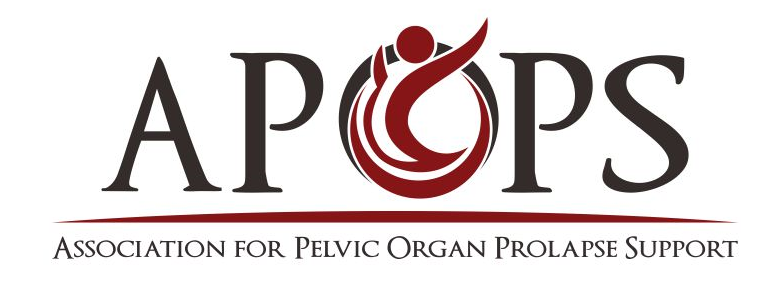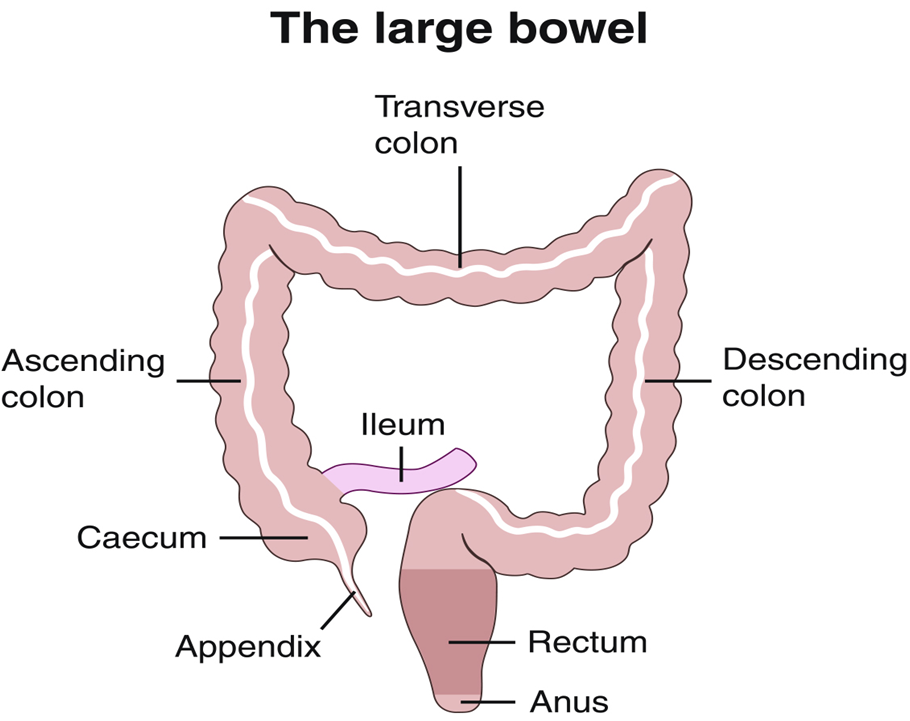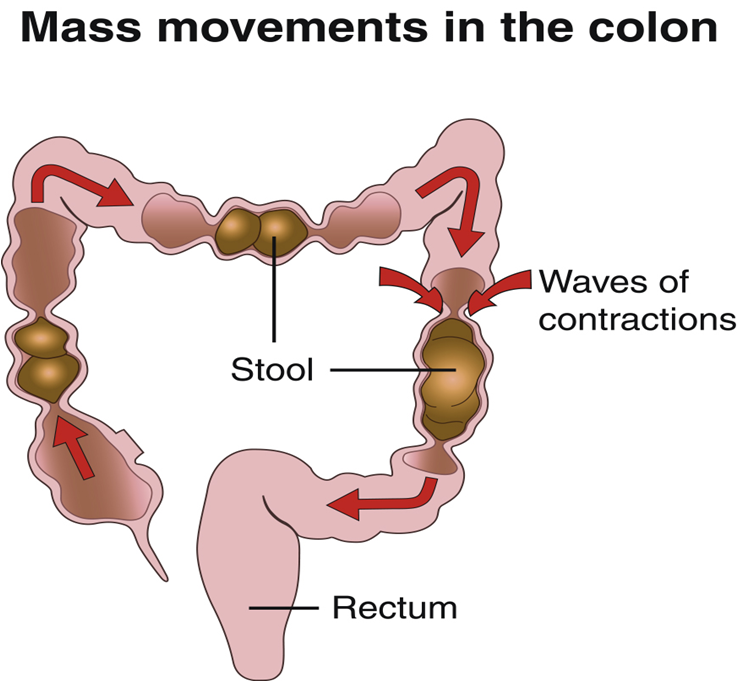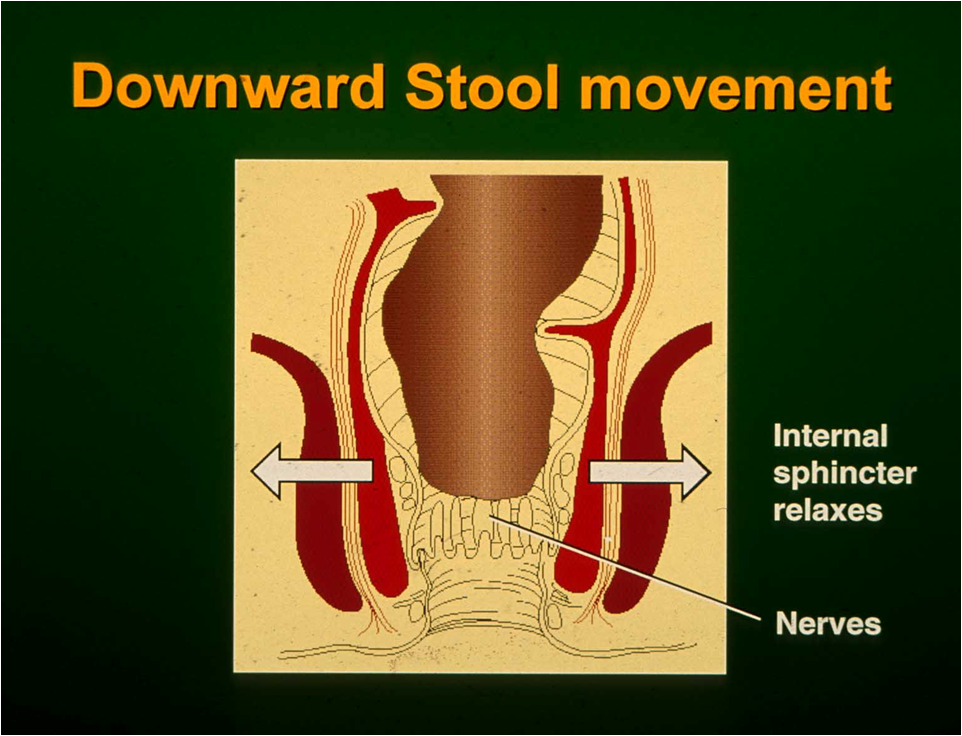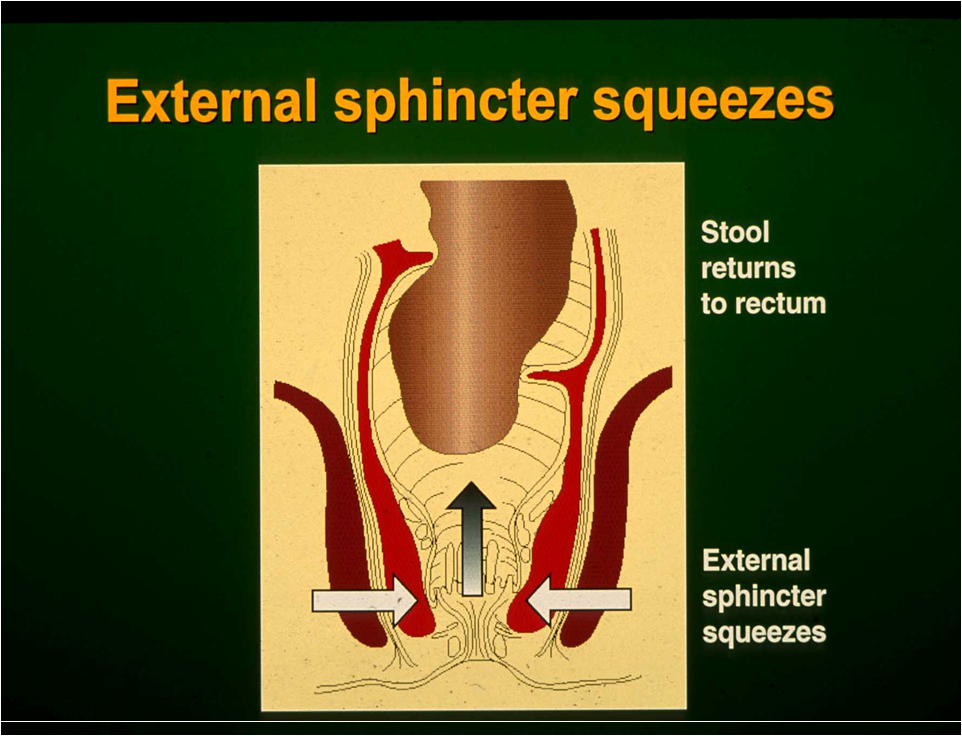FECAL INCONTINENCE/ABL
Fecal incontinence or ABL (accidental bowel leakage) occurs more frequently than most people imagine-it simply doesn’t get talked about. The same stigma that surrounds urinary incontinence, tissues bulging from the vagina, and pain with intimacy, encase fecal incontinence in embarrassment. Fecal incontinence is one of the symptoms that may occur with pelvic organ prolapse, along with and often at the same time as chronic constipation. While having a bowel movement is a normal bodily function, fecal incontinence is the body signaling that something is a bit off-kilter.
There are steps we can take to address fecal incontinence. Step one is understanding how the colon and sphincter muscles work. The rectal sphincter has both internal sphincter muscle contractions which are reflex contractions you have no control of, and external sphincter muscle contractions which you have control of if your body systems are healthy. However, when health conditions occur that prevent control over bowel movements, fecal incontinence may occur. It is important to keep a elimination and food diary, tracking all food and beverages consumed as well as bowel movements, to better understand what foods create incontinence concerns and the timing of how soon after you eat them you experience fecal incontinence.
The images shown above are shared from a PowerPoint Presentation courtesy of:
Christine Norton PhD MA RN
Professor of Nursing
Florence Nightingale School of Nursing and Midwifery
King's College London
